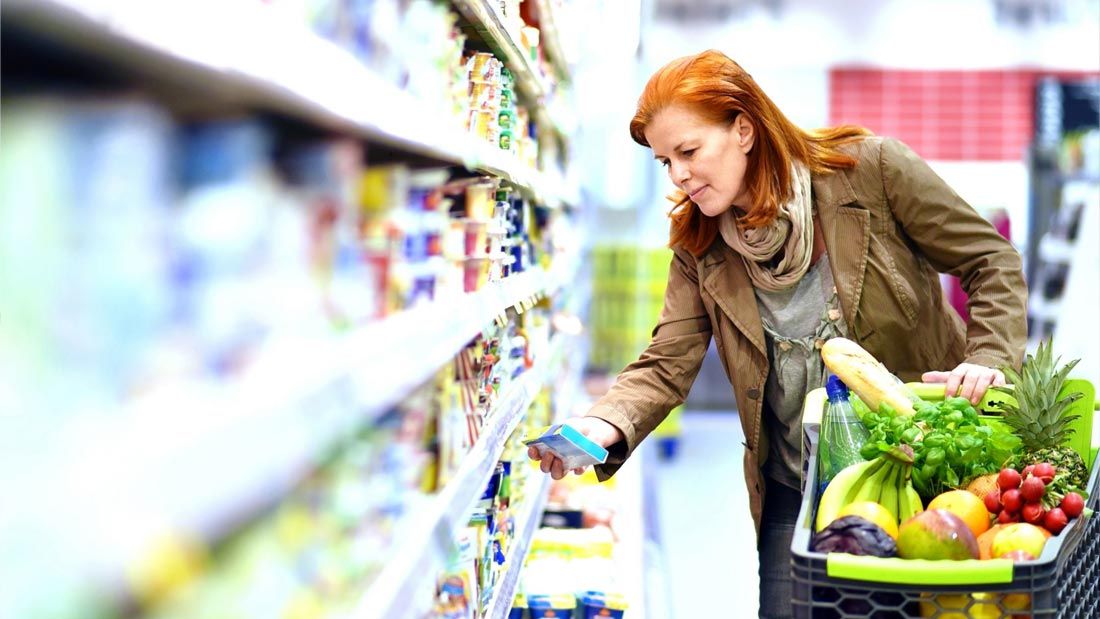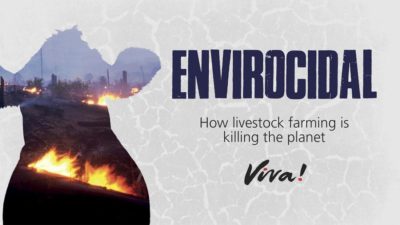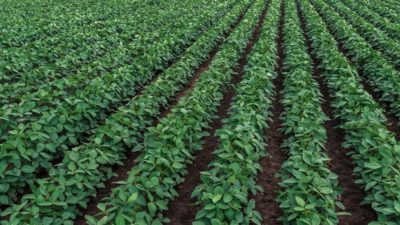Sustainable food choices – myths and facts

As vegans, we care where our food comes from but how do we tell what’s sustainable and what isn’t?
How much energy is needed to produce food?
If you’re vegan, your carbon footprint is quite small (unless you’re a fan of flying). It’s simple – we eat plants and products made from them, which is a very uncomplicated equation. If those plants are grown near you or in the same country, it’s the best scenario, your environmental impact is low and your food choices are sustainable.
If your food is grown on the same continent, that’s also a reasonably good choice and then the further afield you go, the higher the environmental cost of your food is likely to be because of how far it has had to travel. Having said that, not all imported food is equal!
People who eat meat and animal products always have a larger impact on the environment than vegans because animal farming uses up more resources and produces more pollutants. From all the food farmed animals eat, only about 10 per cent is converted into their body mass – meat. The rest is used for basic bodily functions, converted to heat and energy or is excreted as waste. Animals also drink prolifically and farms use water for their daily operations. Naturally, animals also produce a lot of waste, which is a major source of pollution and greenhouse gases. The list is long but in a nutshell, the more animal products you eat, the less sustainable your lifestyle.
Population matters
Sustainability is about being able to produce enough food for everyone in a way that doesn’t exhaust our resources or poison the environment. It’s inevitably related to how many of us live on Earth at any one time. The more people there are, the less resource-intensive our food production needs to be in order to feed everyone.
This is also a glaring generation gap – what was normal and perhaps sustainable 50 years ago isn’t any longer – the world population has doubled since 1970 and is still increasing. We simply cannot afford to eat a diet based on animal products.
Sustainability in your shopping basket
As a rule of thumb, local plant foods are great choices – local and organic is even better. For example, local organic apples would be a superb choice; organic oat milk made from British oats would be a better choice than rice or coconut milk; tofu made from soya grown in Europe would be better than an American soya product.
And let’s not ignore the seasons and accept that some foods are simply not available in certain months of the year. When apples aren’t in season in the UK, skip those from Peru and buy Spanish oranges or Italian grapes instead.
Organic
There’s no denying it, organic products are great. They are grown without chemicals, genetic modification and ionizing radiation and as a result, they’re healthier and gentler on the environment. Organic farming increases soil fertility, reduces soil erosion, minimises pollution and protects the whole ecosystem with all its bees and other wild animals.
Organic fruit and veg box subscriptions are a good idea – you know your food was produced sustainably but also that it hasn’t travelled far to get to you!
When it comes to more exotic products such as tea, coffee or chocolate, choosing organic is important for the sustainability of their production. If possible, go for both organic and Fair Trade foods to protect the environment and the people who grow them.
Thirsty foods
Almonds and avocados are the two plant foods constantly blamed for using too much water and having to travel from the Americas, which makes them less environmentally friendly – or does it? It’s true that avocados and almonds need more water than some other plants but there’s more to it than that.
They grow on trees which store carbon dioxide and release oxygen, helping to keep the atmosphere healthy. Both foods are transported by boat, not air as some people think, and that is less polluting. Nevertheless, we don’t need to eat Californian almonds or Mexican avocados as both are grown in Spain and it follows that choosing Spanish almonds and avocados is more sustainable.
Quinoa and chia seeds
These traditional South and Central American foods have been consumed by local populations for millennia because they are nutritious and easy to cultivate. But is importing them sustainable?
We tend to use only small amounts of either so one pack goes a long way and they’re also transported by sea rather than air. But things have moved on and both quinoa and chia seeds are now grown in the UK by the pioneering company Hodmedod. So you can get local, fully sustainable quinoa and chia!
Soya saga
Soya expansion in the Amazon has led to mass deforestation but it’s not the fault of vegans eating tofu. Amazonian soya is exported all over the world as it is the feed of choice for livestock because it’s cheap and nutrient-dense. Very little is used for human food so by not eating meat, you’re not contributing to rainforest destruction.
Soya used for soya milk, tofu, tempeh, burgers or soya yoghurt is usually grown under stricter rules in Europe and North America and many manufacturers have policies ensuring the origin of their soya. Buying soya products made from beans grown in Europe is part of the sustainable solution!
Packaging
Food sustainability is also about its packaging. If a vegan treat comes wrapped in layers of plastic, that’s obviously not ideal. Many companies are introducing biodegradable foil packaging and are using recycled paper or glass, which is almost infinitely recyclable, unlike plastic.
Bringing your own bags for shopping should now be automatic, as well as carrying a reusable cup and water bottle when travelling. If everyone did that, we’d save a huge amount of needless packaging and reduce our waste big time!
New normal
It’s all about creating new habits and once we’ve done that, sustainable choices will become our new normal. With almost eight billion people on the planet, our food production will always be challenging but there’s a lot we can do to encourage and inspire change.







